
Latest articles
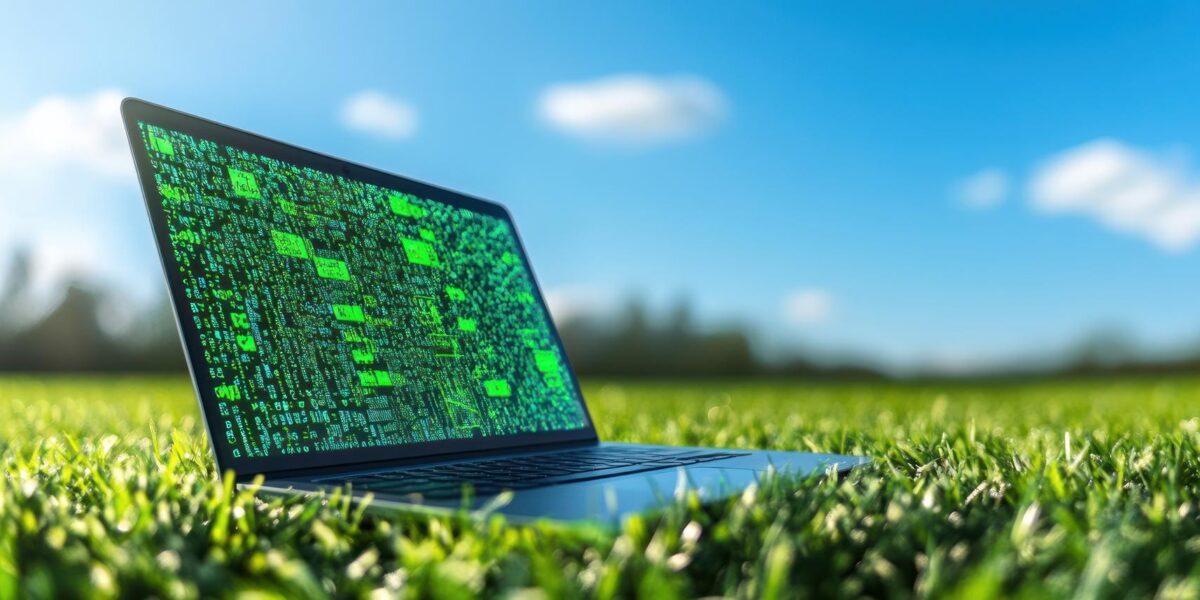
Angular or React: Which One Consumes Less Energy?
When developers choose a frontend framework, the usual criteria come to mind: performance, ecosystem, maintainability, developer experience, and community support. But there is a factor that is almost never discussed: energy consumption! As software systems grow in scale, the environmental impact of digital technologies is becoming impossible to ignore. While green software engineering research has traditionally focused on servers, cloud infrastructure, and backend optimization, the frontend remains a blind spot.
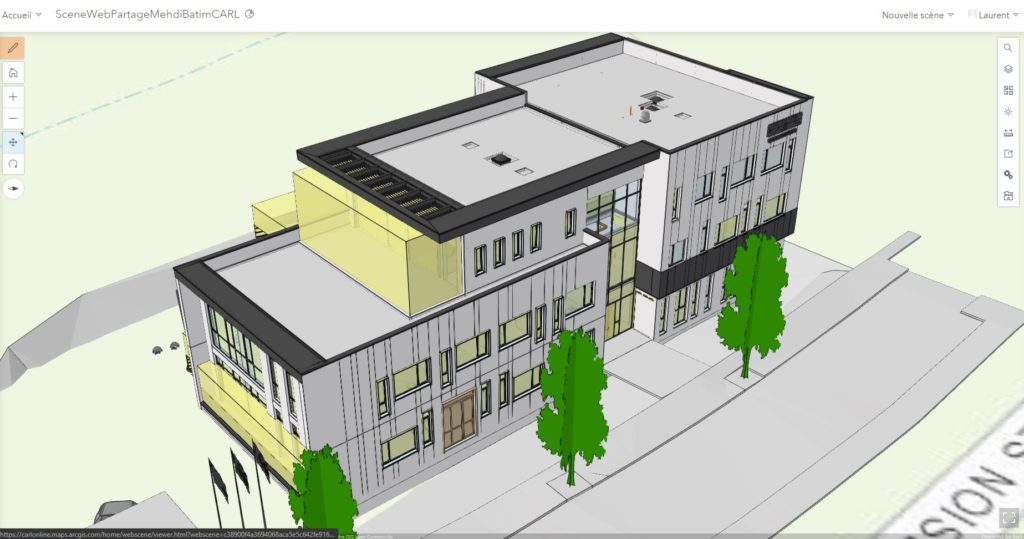
Multiscale Visualisation: From Territory to BIM View
The technical management of the territory is today a challenge that requires being able to manage objects such as the city or the building and space which contains them at different scales. The following video demonstrates our research prototype integrated into CARL Source for multi-scale management of equipment. You will see that it is possible

The MOTUS Project: Automatic Grouping by Theme of Support Tickets
Dear Project Managers, imagine if you could regroup automatically the thousands of maintenance tickets by topic in just one click. It would be nice no? This would have tremendous implications in priorising the bug fixing, improvement requests, new features, etc. Thus, saving significant amount of time and making better decisions. Well, this is what we
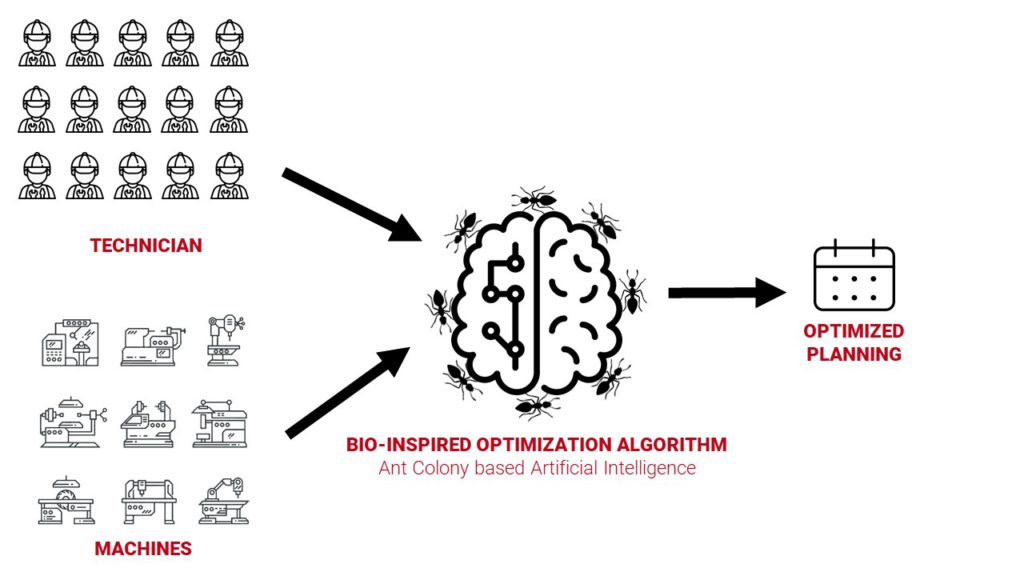
Optimizing Maintenance Planning for CARL Software
The management of the maintenance interventions planning is complicated. A large set of constraints must be considered when managing the plan such as the adequacy between skills and intervention acts, the respect of contracts and the availability of technicians, etc. As a result, the production of a plan becomes a big challenge, as we often

AI and Edge Computing at the service of IoT : Realization of an Augmented Sensor
Within the framework of a research & innovation working partnership on AI (Artificial Intelligence) and Edge Computing, the Adeunis and CARL/Berger-Levrault R&D teams have been working together for several months. CARL/Berger-Levrault is a European leader in equipment management (CMMS/EAM) and technical asset management, while Adeunis is a specialist in radio IoT solutions. These two entities
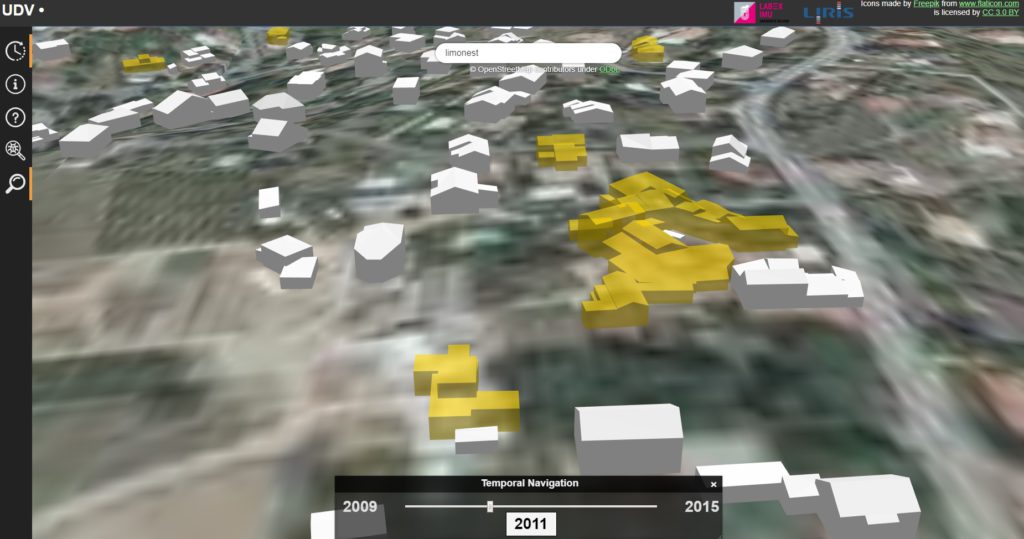
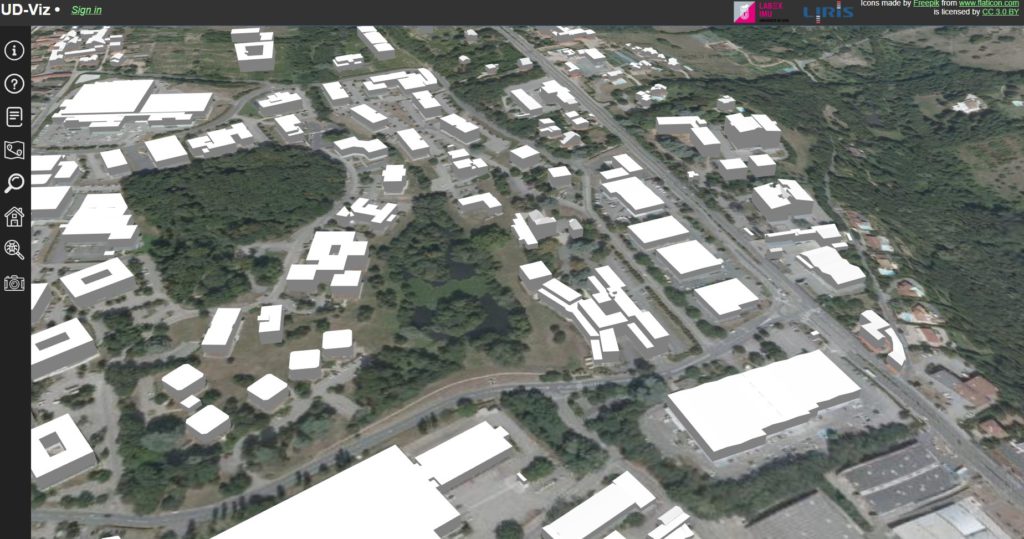
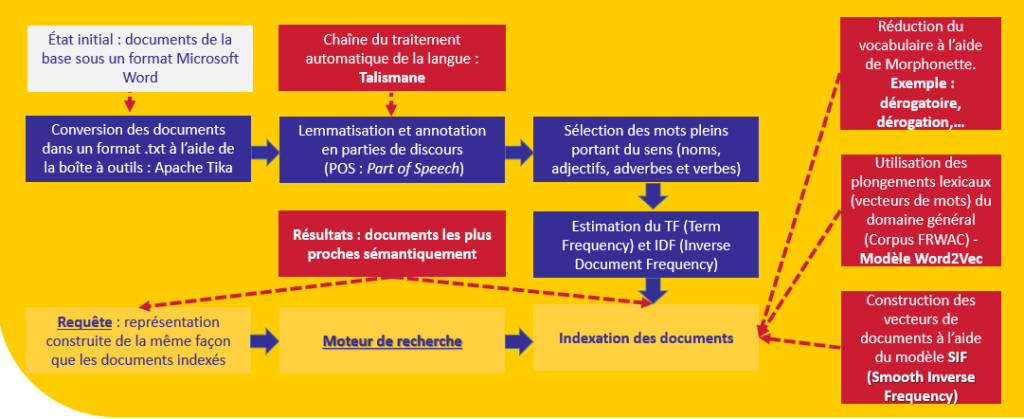
🇫🇷 Semantic Search for Actes Office
Démonstration: L’Intelligence Artificielle et la Recherche d’Information au service de BL.ActesOffice Le module présenté dans cette démonstration permet de rechercher des documents sur une partie de la base d’ActesOffice en se basant sur des techniques appartenant au domaine de l’intelligence artificielle (IA), du traitement automatique des langues (TAL) et de la recherche d’Information (RI). Ces
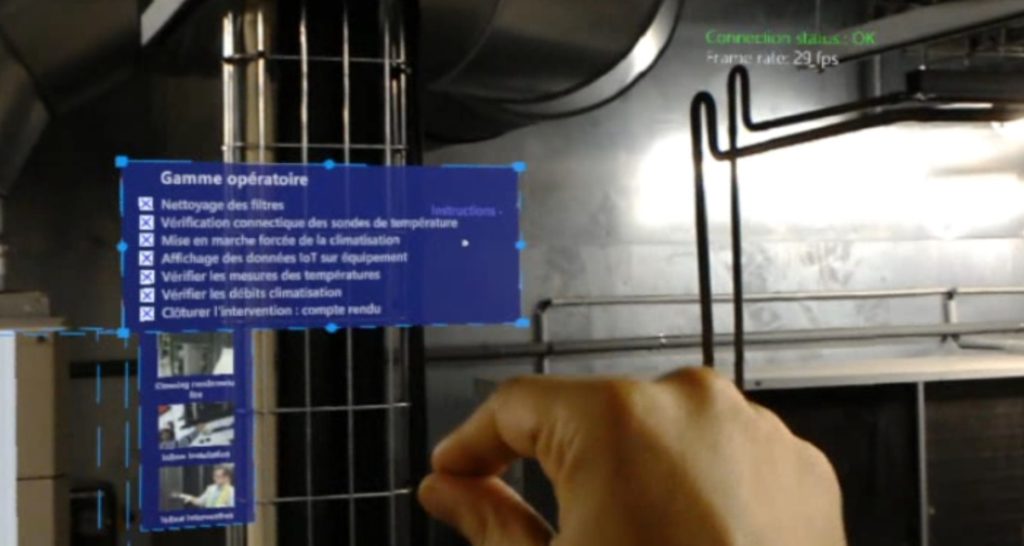
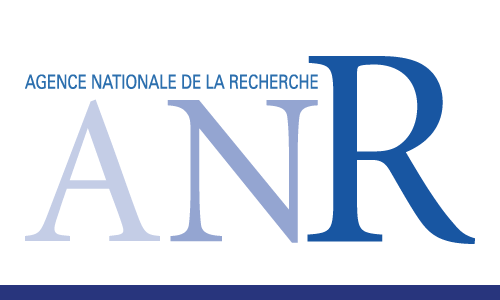
Optimization for Inter and Intra Hospital Logistics – OIILH
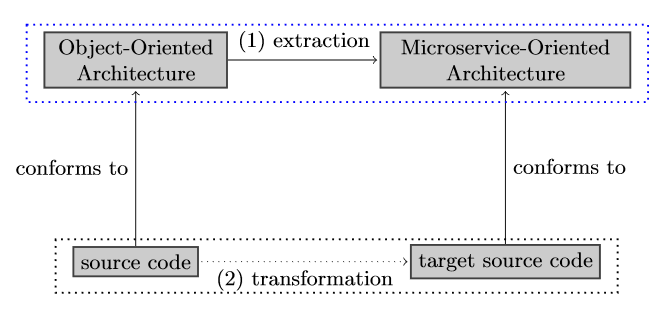
Automatic software migration: Business/services
Mono2Micro: From Monolithic Software to Versatile Microservices Over the past decade, there has been a significant paradigm shift towards cloud computing and web services. As organizations try to keep up with the latest trends, there has been a demand for shifting legacy systems to the Cloud. The microservice-oriented architecture (MSA) is a recent architectural style that has
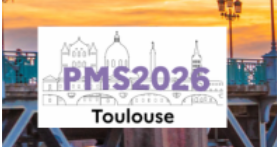
PMS 2026 – 34th International Conference on Program Comprehension (Toulouse – France)
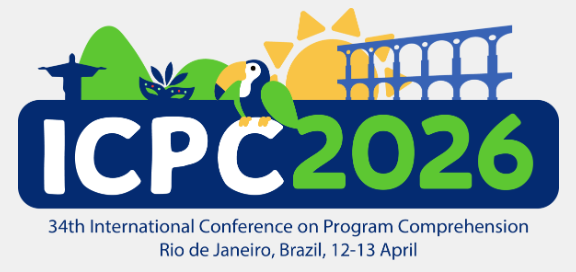
ICPC – 34th International Conference on Program Comprehension (Rio de Janeiro – Brazil)
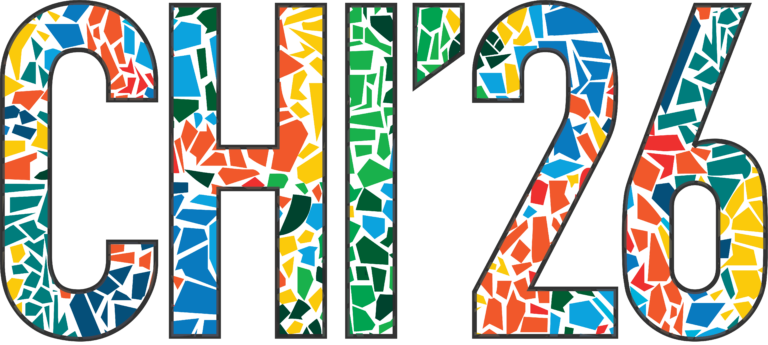
CHI 2026 – International conference on Human-Computer Interaction (Barcelona – Spain)


Forum for advances in visualization and visual analytics – VIS 2025 (Vienna – Austria)
Camille Dupré Ph.D. thesis defense: “Pad-based Interaction in Mixed Reality environments”
Thursday 18th December at 2p.m. Paris time, Camille Dupré, Ph.D. Candidate has defended her thesis named “Pad-based Interaction in Mixed Reality environments”. Her thesis defense took place at the LISN, in Gif-sur-Yvette (660 Av. des Sciences Bâtiment, 91190), France. Take a look at the summary below. Summary Mixed Reality (MR) environments integrate virtual elements into
Nihed Bendahman Ph.D. thesis defense: “Evaluation and mitigation of hallucinations in automatic summarization in the specific context of legal documents”
Monday 15th December at 2p.m. Paris time, Nihed Bendahman, Ph.D. Candidate has defended her thesis named “Evaluation and mitigation of hallucinations in automatic summarization in the specific context of legal documents”. Her thesis defense took place at the IRIT Research Laboratory, in Toulouse, France. Take a look at the summary below. Summary Legal monitoring is a
Gabriel Darbord Ph.D. thesis defense: “Automatic test generation to help modernize our applications”
Friday 5th December at 9a.m. Paris time, Gabriel Darbord, Ph.D. Candidate has defended his thesis named “Automatic test generation to help modernize our applications”. His thesis defense took place in Lille, France. Take a look at the summary below. This thesis is fully in line with the partnership between Berger-Levrault and Inria, which aims to
Berger-Levrault strengthens its ties with AI startups!
We are proud to announce that we have joined Hub France IA, the largest association dedicated to artificial intelligence in France. This network now brings together more than 250 members—companies, startups, research laboratories, and institutions—who share the same goal: to accelerate the development and adoption of AI in France and Europe. Getting closer to the
Celebrating New PhDs from the BL.Research Team!
At Berger-Levrault, research is more than a mission—it’s a shared adventure. As the new academic year begins, we are proud to celebrate the success of four of our colleagues from the BL.Research team, who have reached a major milestone in their scientific journeys: the defense of their doctoral theses. These achievements are the result of
Hamza Safri Ph.D. thesis defense: “Federated learning for the IoT : Application for Industry 4.0”
Thuesday 24th June at 3pm Paris time, Hamza Safri, Ph.D. Candidate has defended his thesis named “Federated learning for the IoT: Application for Industry 4.0”. His thesis defense took place at the Inria Minatec Grenoble, Grenoble, France. Take a look at the summary below. Keywords: Model generalization, predictive maintenance, industrial IoT, federated learning, edge network,
ESUG 2025: Six contributions and 2 prizes for the Software Engineering Lab team!
Congratulations to our PhDs Nicolas Hlad, Aless Hosry, Benoit Verhaeghe and Pascal Zaragoza from Berger-Levrault’s BL.Research team for their participation in the 2025 edition of the ESUG (European Smalltalk User Group) conference! This year’s conference took place from July 1-4 in Gdansk, Poland. The theme was innovation in Smalltalk technologies and their use in software
Julien Breton Ph.D. thesis defense: “Extraction and formalization of regulatory industrial maintenance knowledge from semi-structured corpus data”
Friday, 27th June at 1.30 pm Paris time, Julien Breton, Ph.D. Candidate has defended his thesis named “Extraction and formalization of regulatory industrial maintenance knowledge from semi-structured corpus data”. His thesis defense took place at the IRIT research laboratory, Toulouse, France. Take a look at the summary below. Keywords: Legal compliance,Industrial maintenance, Norm extraction,LLM (Large
